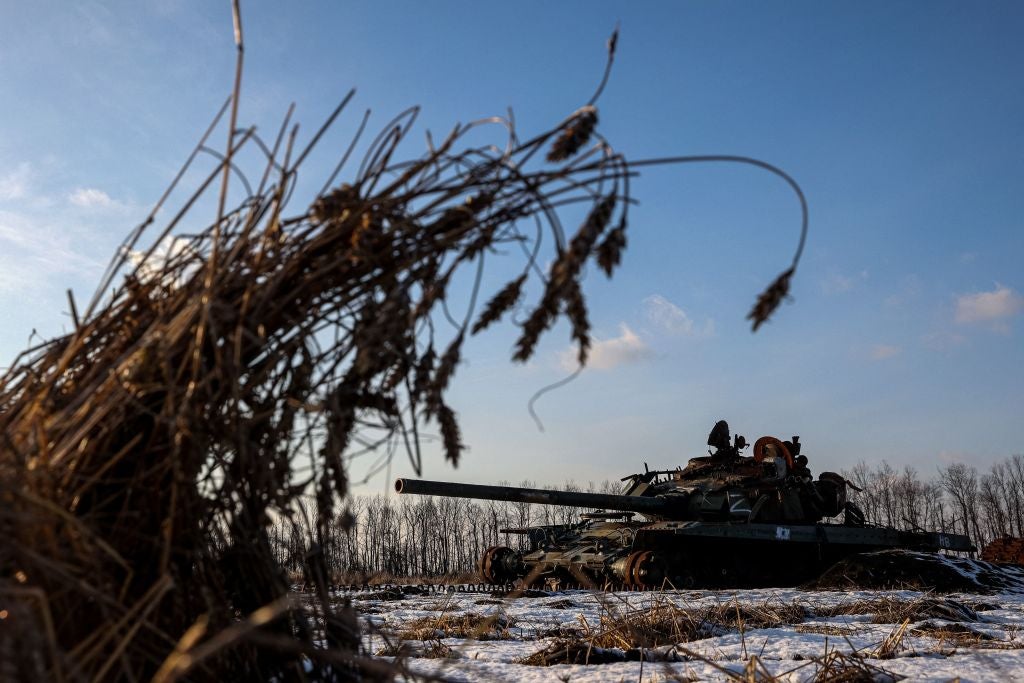
Global food security remains under severe threat from Russia’s war on Ukraine. Ukrainian grain harvests and exports could be down as much as 50% in 2023 compared with pre-war levels, new figures from Citi Research reveal. Meanwhile, the past ten months have seen the gradual decline of global grain and oilseed prices to levels prior to the war in Ukraine, according to the April 2023 edition of the Agricultural Market Information System Market Monitor.
Both Russia and Ukraine were among the top producers of grains in the world before the start of the war in February 2022.
“Russia’s invasion of Ukraine – and the pandemic before it – has underscored the fragility and complexity of the world’s food supply on which billions of people live every day,” said Nigel Green, CEO of deVere Group, one of the world’s largest independent financial advisory companies. “We expect that pressure will grow on the global food supply in the coming decade due to population growth, rising incomes in developing countries, disruption triggered by heightening geopolitical tensions, social unrest, labour shortages, soaring fertiliser costs, conflicting trade policies and climate change.”
In short, the current food crisis is likely to become the worst over the coming decade, meaning years of progress against poverty and hunger are being wiped out. With so many variables, degrees of severity and situations developing unexpectedly, governments alone will not be able combat the worst effects of human-triggered climate change.
“Governments are best positioned to develop, implement and manage policy, incentives, standards, metrics and regulations – and yes, they must also provide top-level funding,” said Green.
However, due to the tens of trillions of dollars likely to be needed for structural changes to global food systems, there will remain a major funding gap if the world relies solely on the public sector. This is especially true as governments are still stretched from the unprecedented financial fallout of the Covid pandemic, for which no country was prepared and that upended economies globally.
Therefore, it is essential to enable, unlock and mobilise private capital as a matter of urgency, according to Green. “We need cooperation between financial advisories, insurance firms, banks, wealth and asset managers, investment companies, fintech groups, banks and auditors, among others, to help unlock and mobilise the trillions of dollars of private finance that is urgently required,” he said. “Without this, the level of funds required will simply not be there.”
The World Food Programme notes on its website that: “The scale of the current global hunger and malnutrition crisis is enormous, with an expected 345.2 million people projected to be food insecure – more than double the number in 2020. This constitutes a staggering rise of 200 million people compared with pre-Covid-19 pandemic levels… Unless the necessary resources are made available, lost lives and the reversal of hard-earned development gains will be the price to pay.”
A combination of factors including war, economic upheaval and climate change means that urgent private finance inflows will be essential to ensuring greater levels of global food security and stability.



